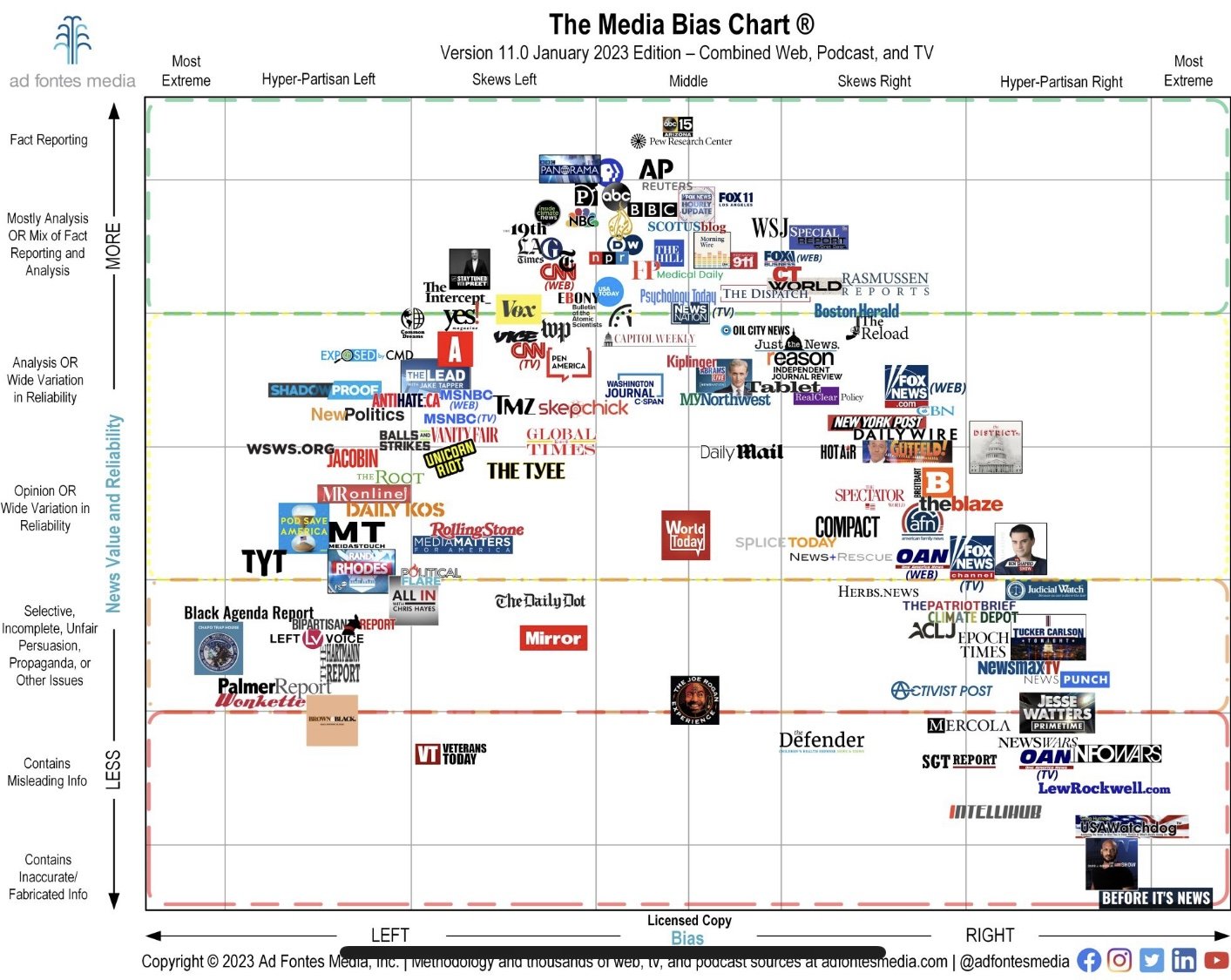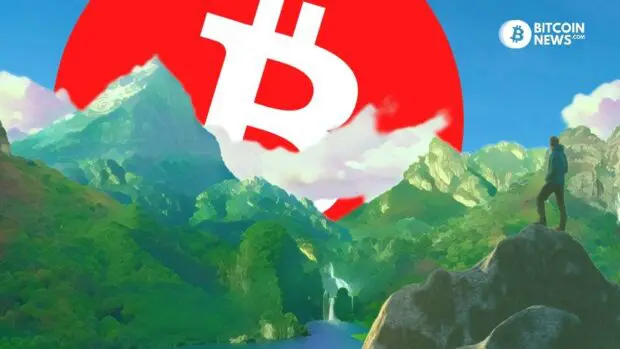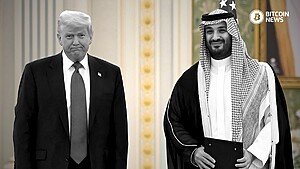An open community for an open system, and yet we so easily become prisoners of our own little bubbles and narratives. Are Ordinals an attack on Bitcoin? A passing fad? A cure for the blockspace and transaction fee FUD? Something else entirely?
To some it may make Bitcoin more interesting, to others more appealing; to most however it is simply another line item on a list that makes Bitcoin harder to understand. And yet, those very people may be the ones who need it the most.
Narratives I have been noticing lately outside the space’s inner circle have been interesting, to say the least. Apparently, eggs cause strokes now, climate change is causing heart attacks, and billionaire investors want to be more like China in order to defeat Bitcoin. Can’t forget the most recent call to ban gas stoves, quickly followed by some backpedaling and damage control.
Absurdity appears to be the common thread linking the 2020s together. There is the increased incidence of political polarization we are seeing because of this — though I suspect much of that is relegated to the social media feeds. By accident, I recently found a deliciously ironic demonstration of such absurdity and wanted to share it.

(Media Bias Chart from Vanessa Otero)
Behold “The Media Bias Chart” — a fitting title for a chart so obviously biased. I suspect many of these absurd narratives are designed and magnified on purpose; to distract and divide. How can people wake up if they’re too busy fighting each other? There is a problem I see happening however, and that is that the media has gone so far into the absurd.
The beneficial aspect is that the absurdity has become so absurd, it is commonly indistinguishable from parody. Absurd narratives are causing people to wake up, shocking them out of the matrix to an extent. I have been approached by friends, acquaintances, and strangers alike about bitcoin. I attribute this to the mainstream absurdity on display virtually 24/7. And with that, an opportunity presents itself.
Who is John Galt?
Bitcoin and Atlas Shrugged can be analogized as both representing a rejection of central authority and a belief in individual freedom and self-sovereignty. In Atlas Shrugged, the characters reject government control and instead seek to create a society based on merit and individual achievement. Similarly, Bitcoin was created as a decentralized alternative to traditional financial systems and government-controlled currencies, placing power in the hands of individual users rather than centralized authorities.
Building the parallel economy from the ground up is important work, yes, but we must not retreat into our own version of Galt’s Gulch to watch the world burn around us. Society feels no pain, society cannot suffer; the individuals however that make up society certainly can. As they begin to wake up, we need to be there for them.
“The impediment to action advances action. What stands in the way, becomes the way.”
Meditations, Marcus Aurelius
When I first read Atlas Shrugged, I was fascinated with the theories and captivated by the characters. As I’ve grown older and had kids, my sentiment has shifted. The romantic vision played out in the idea of Galt’s Gulch has been replaced by a sense of responsibility for those around me — a sense of responsibility to teach others about responsibility.
Bitcoin’s greatest advertising is undoubtedly during the violently abrupt price pumps, but it is much more than simply number-go-up technology. The freedom and responsibility attributes of Bitcoin help bolster individual rights, which has the potential to lift up all of society in turn. I challenge you to remain steadfast in your beliefs, listen intently to others, and seize the opportunity to help others see Bitcoin the way we do when the opportunity presents itself.
There is a new Gulch forming in the doldrums of cyberspace — a permissionless community of responsible individuals working diligently to lift up society. Never forget that there is enough room for everybody in this revitalization of meritocratic values.










